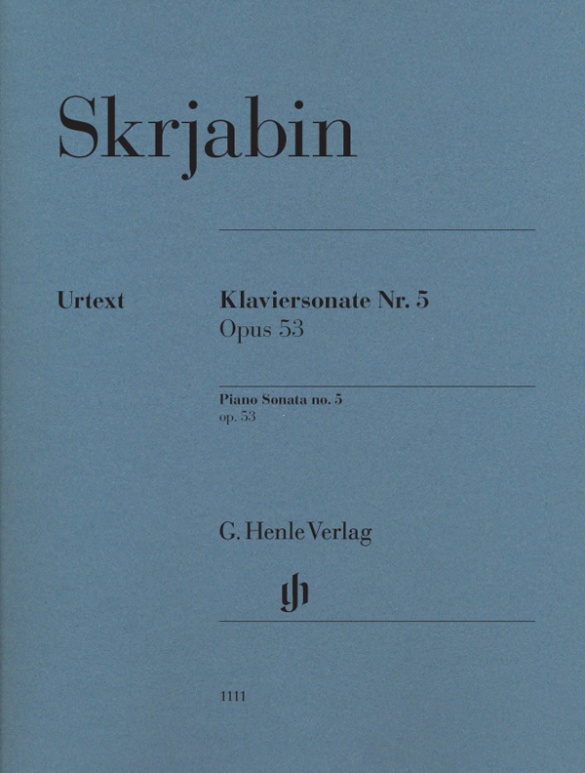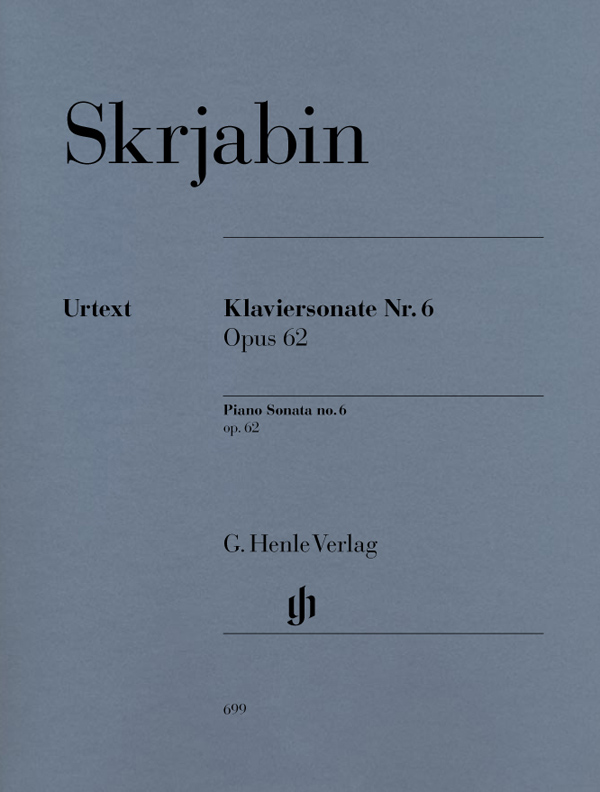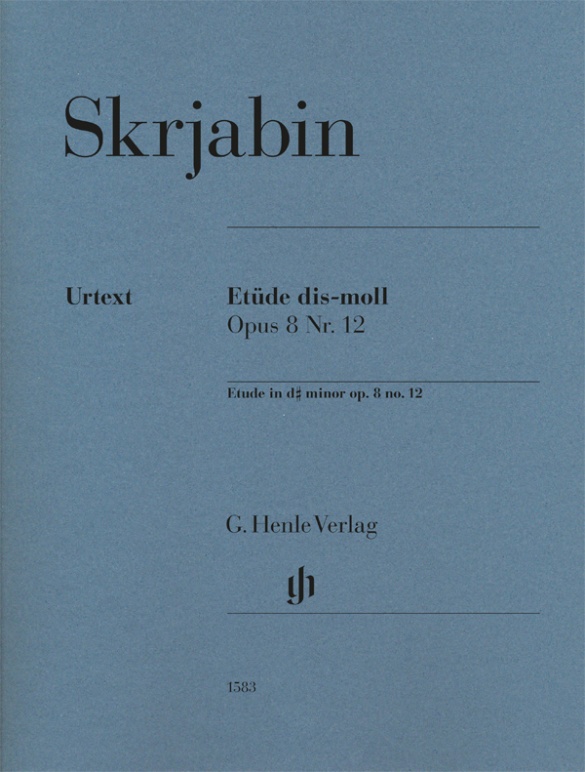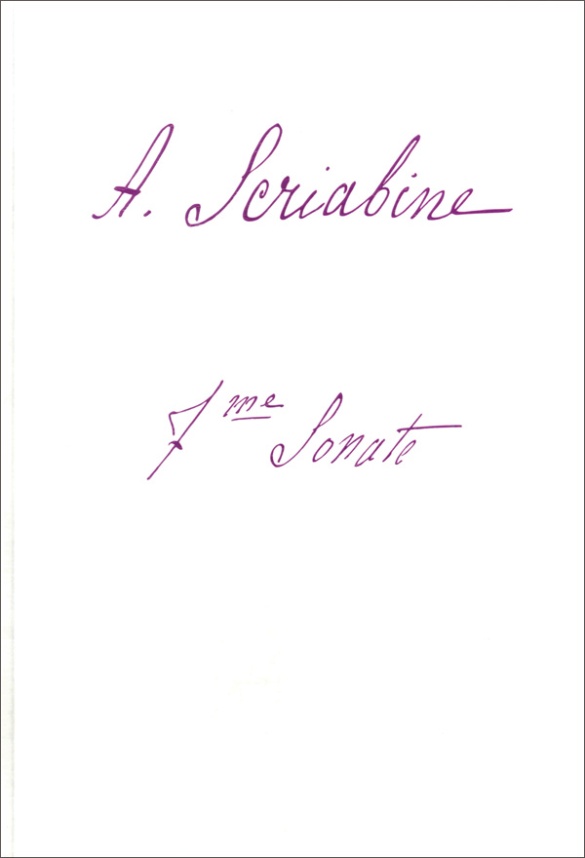

Alexander Scriabin
Piano Sonata no. 7 op. 64
Scriabin’s 7th Piano Sonata is amongst the late sonatas nos. 6–10, conceived as preliminary studies for a Gesamtkunstwerk of enormous proportions, the “Mysterium”. The mystic aura of the 7th Sonata is communicated to the player not least through the ecstatic performance directions contained in the autograph and the first edition. This and a great deal more can be seen in Scriabin’s manuscript for the sonata, which we are presenting in a high-class facsimile in 2015, Scriabin Year. It is hard to believe how clearly and neatly the composer wrote this extremely complex music. The preface by the expert Valentina Rubcova provides an ideal guide for a journey of discovery through Scriabin’s esoteric musical world.
Content/Details
About the Composer
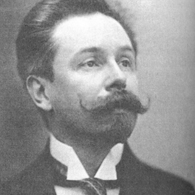
Alexander Skrjabin
Russian composer and pianist. The focal point of his oeuvre is his extremely unique piano music; in addition, he wrote important orchestral works.
| 1872 | Born in Moscow on January 6, the son of a pianist (his mother); she died in 1872. |
| 1888–92 | Piano studies at the Moscow Conservatory |
| 1888–96 | Twenty-four Preludes, Op. 11, containing all the hallmarks of Scriabin’s early period: broad, ornamental cantilenas underpinned by figurations and arpeggios in the style of Chopin, complex rhythmic structure from polyrhythms and syncopations. |
| 1892–1913 | Composition of ten piano sonatas. |
| 1896 | Travels to Paris, Vienna, Rome. |
| 1897 | Piano Concerto in F-sharp minor, Op. 20, in the style of Chopin. |
| 1897–1909/10 | He primarily composes orchestral pieces, including the major works “Le Poème de l’extase” (“The Poem of Ecstasy”) for large orchestra (1905–07), Op. 54, and “Prométhée ou Le Poème du feu” (“Prometheus or The Poem of Fire,” 1908–10); orientation toward Liszt and Wagner; programmatic music with occasional annotations in the musical score, incorporation of philosophical notions into his compositions, which are defined by various philosophical movements from around the turn of the century. Unusual intervals, harmonically at the edge of tonality. |
| 1899–1904 | Composition of his three symphonies, Opp. 26, 29, and 43. |
| 1904 | He resides in Switzerland. |
| 1906 | Invitation to the United States. |
| 1910 | Return to Russia. |
| 1908–10 | “Prométhée ou Le Poème du feu” for piano, orchestra, organ, choir, and clavier à lumière, Op. 60: enrichment of musical performance through plays of light. 1911–14, piano compositions, Opp. 61–74, with avant-garde harmonies. |
| 1913 | Beginning of the multisensory “Acte préalable” (“Prefatory Action”), which is never completed. |
| 1915 | Death in Moscow on April 27. |
About the Authors
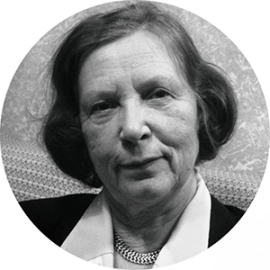
Valentina Rubcova (Preface)
Valentina Rubcova holds a doctorate in musicology, is editor-in-chief of the Moscow music publishing house “Muzyka – P. Jurgenson Publishing House” and deputy head of research at the Scriabin Memorial Museum Moscow.
Product Safety Informations (GPSR)

G. Henle Verlag
Here you can find the information about the manufacturer of the product.G. Henle Verlag e.K.
Forstenrieder Allee 122
81476 München
Germany
info@henle.de
www.henle.com
recommendations
autogenerated_cross_selling
Further editions of this title
Further editions of this title


